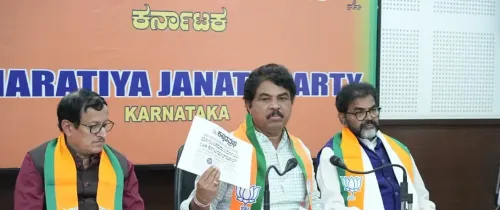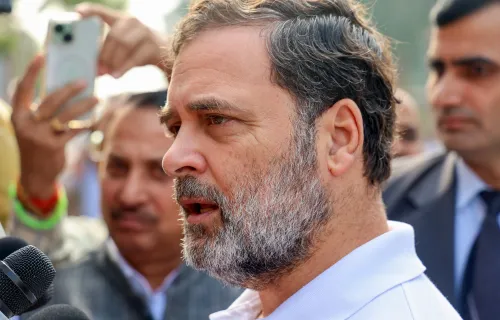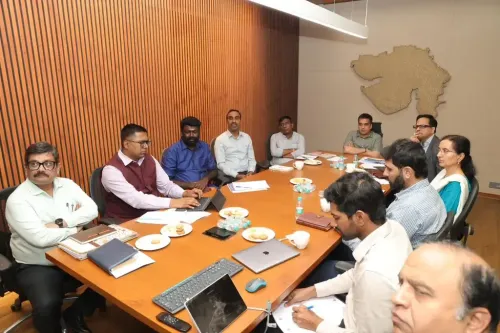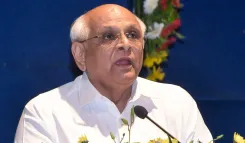Has the South Indian Film Employees’ Federation Taken Action over Technician Underpayment?
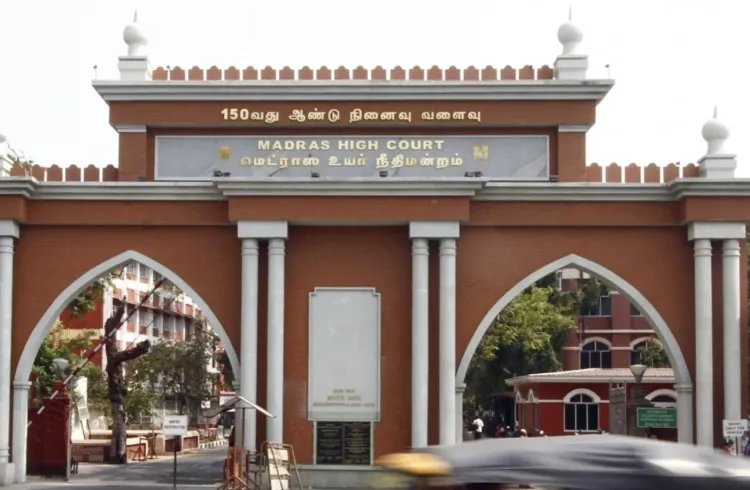
Synopsis
Key Takeaways
- Wage Disparity: Technicians earn significantly less than top actors.
- Court Involvement: The Madras High Court is mediating the dispute.
- Industry Impact: Walk-outs have led to financial losses.
- Mediation Suggested: Both parties are encouraged to resolve the issue amicably.
- Historical Context: The last wage agreement has expired, fueling tensions.
Chennai, June 30 (NationPress) The ongoing wage dispute for film technicians in Tamil Nadu has escalated to the Madras High Court, with the Film Employees Federation of South India (FEFSI) claiming that technicians are being marginalized while prominent actors rake in up to Rs 300 crore per film.
In a session before Justice K. Kumaresh Babu, FEFSI attorney G. Mohanakrishnan accused the Tamil Film Producers Council (TFPC) of attempting to “usurp the livelihoods” of local technicians by hiring crews from other states to complete current projects.
He highlighted that technicians within the state often make less than Rs 3,000 a day despite the industry's exceptionally high salaries at the top tier.
In response, TFPC’s lawyer Krishna Ravindran argued that most members of the council are small-budget filmmakers rather than large corporate studios, asserting that producers are “equally invested” in the welfare of their workers.
Ravindran noted that TFPC and FEFSI have historically entered into a wage-fixing Memorandum of Understanding (MoU) every three years, with the last agreement signed in 2022 having expired on March 9 of this year.
He explained that tensions escalated when FEFSI, suspecting TFPC of supporting a splinter technicians’ group called the Tamil Nadu Thiraipada Thozhilalargal Sammelanam, issued a non-cooperation directive on April 2 to all 23 of its affiliated craft unions.
This directive resulted in walk-outs on film sets and “significant financial losses” for producers due to halted projects.
Ravindran further stated that FEFSI has started working with a different producers’ group, the Tamil Film Active Producers Association (TFAPA), leading to State Information and Publicity Minister M. P. Saminathan intervening to facilitate talks.
Justice Babu remarked that since the MoU is no longer valid, the court cannot compel FEFSI members to work on TFPC-endorsed films.
However, he also mentioned that individual producers retain the right to sue crew members for any breach of existing work contracts.
Emphasizing the importance of an amicable resolution, the judge encouraged both parties to appoint two retired High Court judges as mediators by Wednesday (July 2).
“Considering the tight production timelines and the livelihoods at risk, it is in everyone's best interest to resolve this collaboratively,” Justice Babu stated before adjourning the case.



